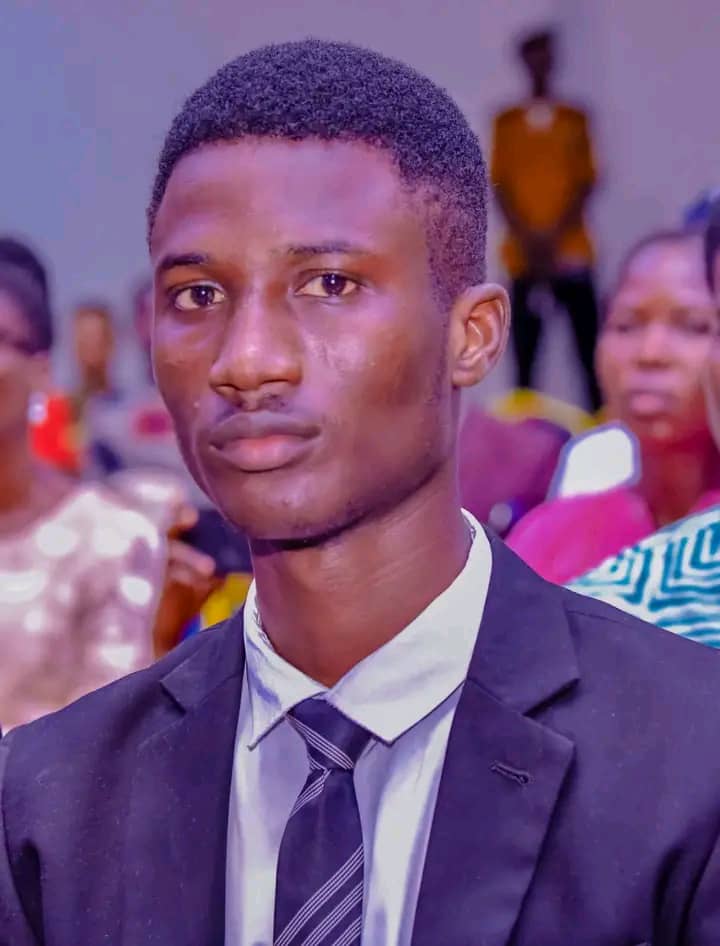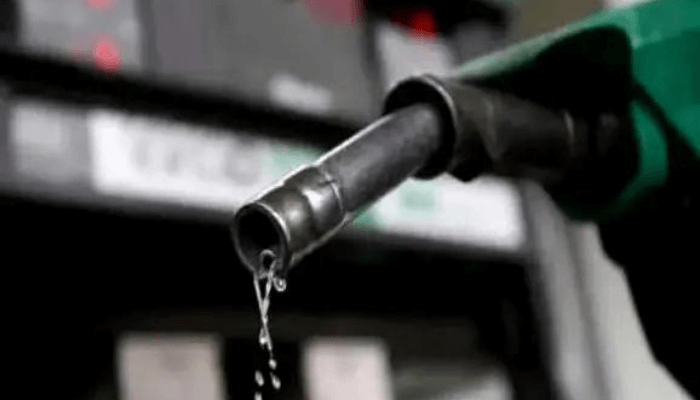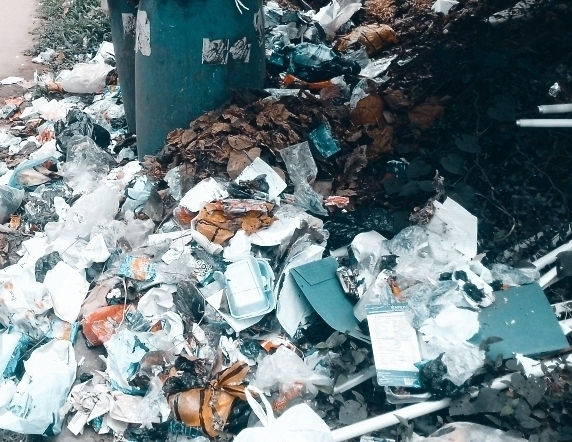26th Year of Democracy: Is Nigeria Truly Democratic or Still Pretending?

By: Moruf Lawal
Thursday June 12, 2025 marks the 26th year Nigeria has started practicing democracy. But beneath the glossy facade of the Nigeria-acclaimed democracy lies chronic corruption, lack of transparency and accountability of political office holders, abuse of human rights, dearth of democratic process during elections,widespread insecurity, and economic hardship. Technically, Nigeria is practising democracy but lacks the inherent substances peculiar to the system of government —democratic governance and citizen participation, respect for the rule of law, respect for basic human rights, multi-party political system, and democratic voting system. Nigeria’s democratic apparatus are modelled after those of the United States of America. But, when placed side by side, they are like two parallel lines that can never meet.
The biggest promise of democracy is that it ensures representation of individuals’ interest. On the flipside, democracy in Nigeria has been shortchanged to the government of few privileged ones at the expense of the masses. Despite the harsh economic realities of the country, masses are being confronted with the excessive lifestyle of the few political elites who not only allocate jaw-dropping salaries and allowances to enrich their pockets but also enjoy ostentatious luxuries incomparable with politicians in other climes.
High cost of governance in the country is one of such flaws that have left a dent on Nigeria’s democracy, begging the question whether the country’s version of democracy is differed markedly from what obtains elsewhere. Amid grave economic realities and suffocating measures implemented by President Bola Ahmed Tinubu, the political class, especially the executive and the legislature appear detached from the nation’s vicissitudes of fortunes. Political office holders earn fat salaries; they collect security votes which details are kept away from public eye; they keep a retinue of aides as a reward for loyalty; they keep fleet of cars; they stock their wardrobes and refurbish their official quarters with the state-of-the-art facilities at the expense of the commonwealth.
One of the core pillars of democracy is freedom of expression. In an ideal democratic setting, citizens have the right to freely gather and express themselves. But dissenting voices have witnessed several clampdowns. Governments have dismissed protests as acts of disruption employed by the opposition or the enemies of the state to impede the country’s unity and progress.
In August 2024, Nigerians took to the streets to voice their dissatisfaction against the hike in the prices of food, fuel, and basic facilities occasioned by the removal of fuel subsidy by President Bola Ahmed Tinubu. The nationwide protest also called for a reduction in the costs of governance and the reinstatement of fuel subsidy, food security and greater fiscal responsibility. However, the Nigerian government, through the office of the inspector general of police, Kayode Egbetokun, arraigned 76 young people, including 32 children below the age of 18 in court for participating in the August 2024 #EndBadGovernance protest. The protesters were charged with treason, intent to destabilise Nigeria and inciting to mutiny.
Abuse of human rights in Nigeria continues unabated, with no evidence that the government intends to halt the flagrant violations of human rights. According to the 2024 report by Amnesty International, journalists and critics of the authorities were not only arrested but unlawfully detained. Also, there were several cases of security forces clamping down on protesters with excessive brute and force which unfortunately resulted in the deaths of several protesters.
Corruption weakens democratic institutions. Without doubt, corruption has attained an unimaginable height and is currently assuming a pandemic proportion in Nigeria through and with the full support of the political leadership. It is disheartening that Nigeria, a country endowed with natural resources and manpower is now doomed with uncertainty where abject poverty, high unemployment, unabated insecurity, looting and squandering public funds have become a new normal. In the February 2025 report compiled by Transparency International, a global coalition against corruption, Nigeria was ranked 140th of the 180 countries in the Corruption Perception Index. The report indicated that Nigeria has improved only by one point since 2023.
Another vital element that strengthens a country’s democratic structure is a free, fair, and transparent election. Till date, the reality of free and fair elections hangs in the air. Since Nigeria gained independence in 1960 and its transition to democratic rule in 1999, the country has not recorded any credible, free and fair election. The 1999 elections that brought President Olusegun Obasanjo to the corridor of power were so badly flawed that the US-based Carter Center concluded that “regrettably…, it is not possible for us to make an accurate judgement about the outcome of the presidential election.” In the 2003 nationwide election, it was again marred by widespread fraud and human right abuse. Likewise, the first shift of power between a democratically elected president – President Obasanjo to President Musa Yar’Adua- in Nigeria’s history in 2007 was characterised by rigging, ballot-snatching, and violence. The head of the European Union Observer mission in the 2007 elections, Max Van den Berg said, “ these elections have not lived up to the hopes and expectations of the Nigerian people and the process cannot be considered to have been credible.”
The 2019 presidential and the national assembly elections which saw the reemergence of President Muhammadu Buhari were not only marred by irregularities, vote-buying, violence, intimidation of electoral officials and voters, and a one-week delay in the poll but also recorded a low turnout which stood at 35.7 percent, the lowest recorded in a Nigeria electoral contest. Also, the 2023 presidential election did not distinguish itself from the series of elections Nigerians have witnessed in the past. From the onset, it appeared that it would be entirely different and unprecedented in Nigeria’s history when INEC assured Nigerians that the transmission of the election results would be done using BVAS ( Bimodal Voter Accreditation System). The electoral umpire, INEC, further boosted the hopes and restored the faith of the voters when it lobbied for the swift passage of the Electoral Act Amendment Bill. However, the people’s hope would later be dashed when INEC resorted to manual collation of votes riddled with manipulations, questioning the authenticity and integrity of INEC’s operations.
Citizens’ political choices remain impeded by vote-buying and intimidation, influence of powerful domestic and international economic interests, and domination of military personnel, thereby alienating the citizens to exercise their civic duties without fear or intimidation and suppressing the will of the people. Fair competition that defines democracy is being threatened. Unfortunately, Nigeria is gradually tilting toward a one-party state. There is a wave of defection sweeping the political landscape of the country. Several reports of high-profile political gladiators, senators, members of the state and the national assembly have been making the headlines. Since the beginning of 2025, 8 PDP governors have defected to the ruling party – APC.
The rate at which opposition parties are joining the ruling party reflects that there are no more ideological differences that distinguish APC from PDP. Both are birds of the same flock. The resultant effect is profound. Phasing out of opposition parties and the establishment of a de facto one-party state would open room for the ruling party to govern with impunity. In Nigeria’s political terrain, it is not uncommon to have opposition stalwarts defect to the ruling party for the sake of securing patronage and avoiding prosecution and persecution. For a democracy to thrive and survive, the rule of law must be strengthened. The state should empower the legal frameworks and institutions. The judiciary, which is the last hope of the common man, should be independent and free from all forms of interference from politicians
Democracy demands elections where different platforms can contest freely without undue restrictions. A fair and competitive electoral process is crucial to reflecting the true will of the people. INEC must revise and restrategise its operations and logistic framework, thereby ensuring the credibility and integrity of election results. Political office holders should give room for respectful criticism, where citizens can speak boldly and freely without fear of victimisation. Also, those entrusted with authority and resources must use them with the highest level of transparency and for the purpose of common good. A democracy that fails to deliver development risks losing its legitimacy. Dividends of democracy must flow to all spheres of citizens’ life. People must see tangible improvements in education, health, agriculture, infrastructure and security.








